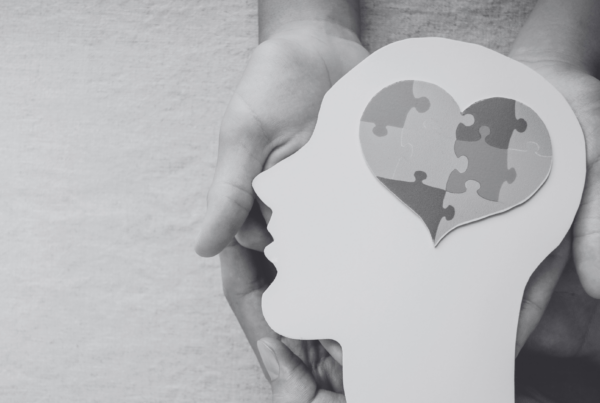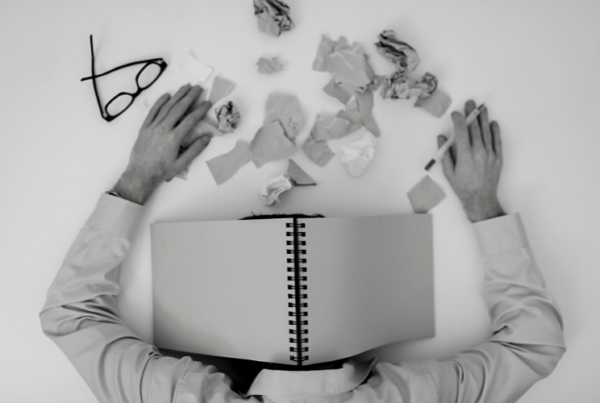Excellent mental resilience is recognised as a defining characteristic of people who can cope with workplace stresses the best and make good employees. Building mental resilience at work gives you control over situations which may seem bad to start with. But what is mental resilience and how you build yours up?
What is Mental Resilience?
Resilience is described by several different terms; the ability to spring back, retain shape; in short; how well do you react to situations and can you recover quickly?
Also referred to as psychological resilience, it is the ability to cope with a crisis and return to pre-crisis status quickly. Resilience occurs when you use “mental processes and behaviours in promoting personal assets and protecting self from the potential negative effects of stressors” (From Resilience Training in the Workplace from 2003-2014: A Systematic Review).

People who display good resilience skills have the capability to remain calm during a crisis and to move on without any long-term negative consequences.
Why is Resilience a Good Skill?
Having the skills to cope with stress is good not only for the workplace but for going through life in general.
Resilience is good for several reasons; it enables you to develop techniques for protection in situations which are overwhelming, it helps you to maintain balance during difficult or stressful times and can also protect you from developing certain mental health issues.
In the workplace, mental resilience means that you can cope with stress in a much better way – for example in times of crisis or increased workloads.
Having demands placed on you are a fact of life, it happens both at home and in the workplace. The only difference is the way that you react to these demands.
And remember; we are all born with a certain amount of resilience (inherent resilience), some people more so than others, the good news is that mental resilience can be built on and improved.
Tips for Building Mental Resilience at Work
Building resilience is an ongoing task – it’s not something you learn overnight and each situation you encounter can be used to learn how to cope better next time.
Here are some tips for building resilience at work;
- Avoid ‘blowing up’ in a crisis or overreacting – how you respond to a situation directly affects your mental health.
- View problems as a good opportunity to learn. What could you do better? How could you avoid the same situation? Etc.
- Act positive in a crisis – a positive action in a crisis will bring you a sense of control, even if doesn’t directly solve the issue.
- Each day take the time to congratulate yourself on things that went well – this will train your mind to look for success rather than dwelling on ‘failure’.
- Finally, build up a positive view of yourself and your ability to solve problems. Having confidence in yourself is the best way to deal with stressful situations.

Mental Resilience Training
Experts agree there are three pillars of overall health, resilience is one of these pillars, alongside energy and activity.
Sometimes, we all need a little bit of help to develop our understanding and skills in these areas. This can be achieved with wellbeing training.
Part of our wellness solution is training – this works harmoniously with our wellness app. Training can take the skills you already have and improve them, leading to a healthier and more resilient you.
Our training is flexible and can be delivered to entire teams or on a one-one basis. We even have options for quick bite sized training.
If you feel like wellbeing training is something which would benefit you, speak to your employer and ask them to get in touch.










